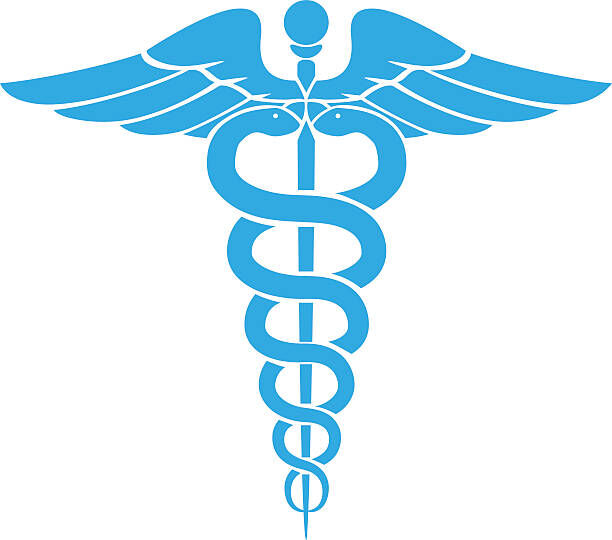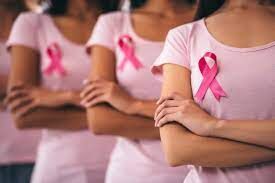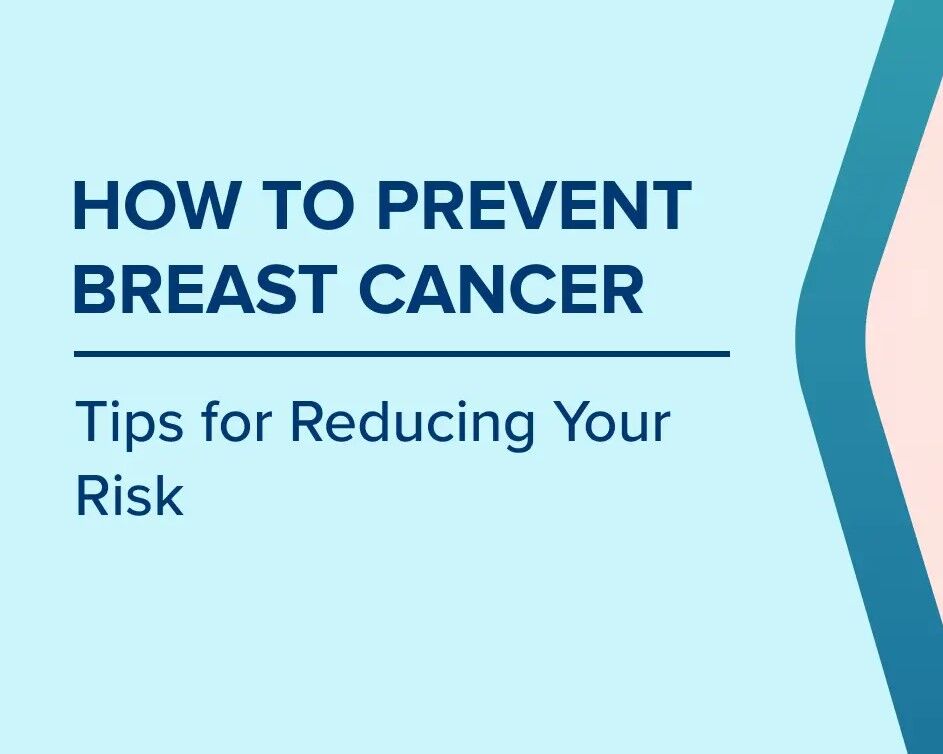🌸 "Bleeding After Menopause Is Not Normal – Your Body Is Trying to Tell You Something!" An Important Message for Every Indian Woman
🌸 Understanding Menopause
Dear Sisters,
Every woman goes through a natural phase in life called menopause—this means your periods stop permanently, usually between ages 45 and 55. Once your periods have stopped for 12 months or more, you are postmenopausal.
But if you notice bleeding from the vagina after menopause, even a little spotting—this is NOT normal and must never be ignored.
⚠️ Postmenopausal Bleeding – What Could It Mean?
Some women think:
“Maybe it’s just a small problem.”
“It’s normal at this age.”
“It will go away on its own.”
But this way of thinking can be dangerous. Postmenopausal bleeding could be an early warning sign of uterine (womb) cancer or other serious health issues. If caught early, these conditions can often be cured completely.
🚩 Common Causes of Bleeding After Menopause
Uterine cancer (Endometrial cancer)
Vaginal or cervical infections
Thinning or dryness of the vaginal wall
Side effects from hormone medicines
Fibroids or polyps in the uterus
👉 But how can you tell which one it is?
You cannot—only a doctor can.
🏥 Why Seeing a Doctor Early Can Save Your Life
In many villages, women wait until the problem becomes too big. By then, the cancer may have spread, and treatment becomes very difficult or expensive.
But if you go to a doctor as soon as you see bleeding, they can detect the problem early and treat it before it becomes dangerous.
Early Detection = Simple Treatment + Higher Survival
👩⚕️ Real Stories, Real Lessons
In rural clinics across India, doctors see many women with advanced cancer only because they waited too long. Some even say:
“I thought bleeding after menopause was normal.”
But this is a myth. The truth is: Any bleeding after menopause is a RED FLAG.
❤️ Let’s Break the Silence
In our Indian culture, especially in rural areas, women often:
Hide their health problems out of shame or fear
Prioritize their family’s needs over their own
Avoid going to doctors unless it's an emergency
But remember, your health is just as important. You are the heart of your family. If you stay healthy, your family stays strong.
🌼 What Should You Do?
Talk about it – If you or someone you know has bleeding after menopause, speak up.
Don’t delay – Visit a local gynaecologist or PHC (Primary Health Centre) immediately.
Spread awareness – Share this message with your sisters, friends, and neighbors.
📣 A Final Word to Every Woman
Bleeding after menopause is not a normal part of aging. It can be a warning sign.
Don’t feel shy. Don’t wait. Don’t ignore.
Consult a doctor immediately. Your life is precious.
Let’s protect ourselves and each other. Awareness can save lives.
Share this message and be a part of the change in your community.
At anvita onco clinic there is always a screening test for this form Dr. M G Giriyappagoudar, a senior oncologist from Hubli of North Karnataka.


